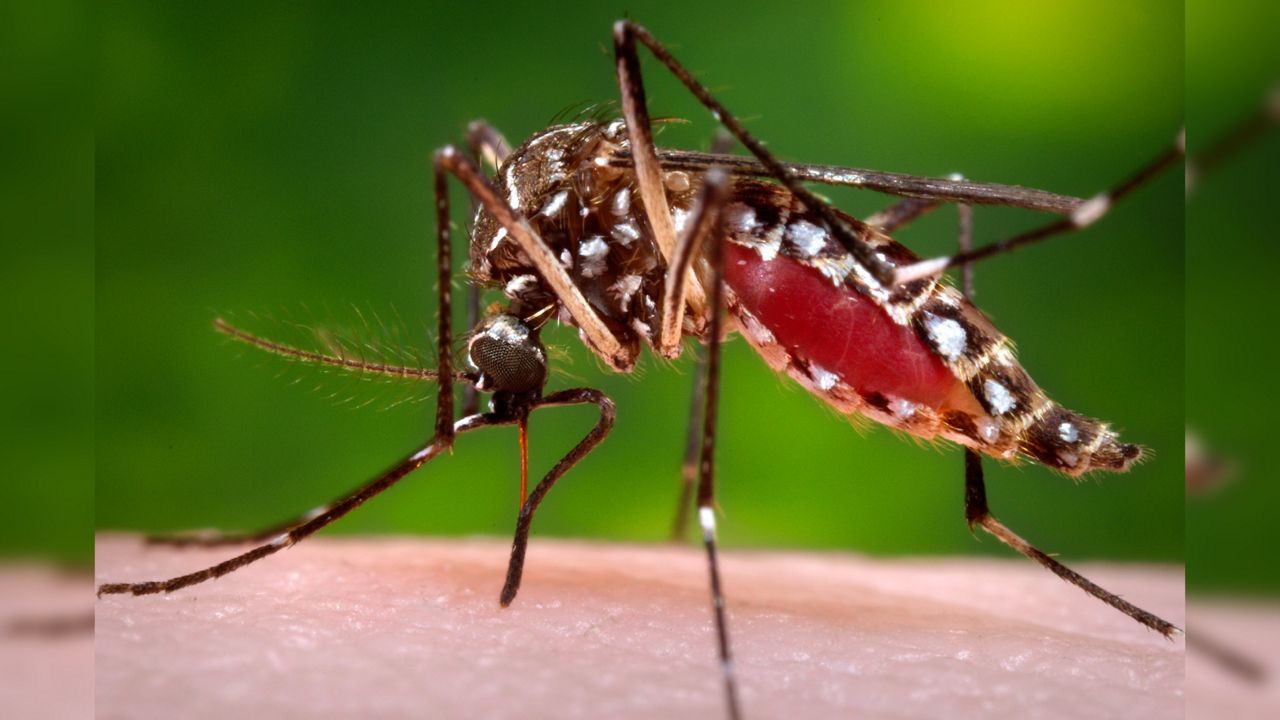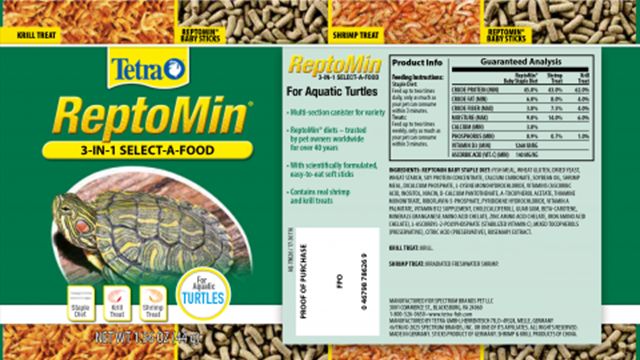The state Department of Health reported in a news release Tuesday that it is investigation a case of travel-related Zika virus on Oahu as well as two individuals who may have been exposed.
Zika virus is carried by mosquitos, and DOH asked for support in reducing the spread of the virus. Vector control teams have responded to areas where the individuals spent time, including neighborhoods in Waialua and Haleiwa. The agency said it will continue to monitor mosquito activity in the affected areas.
DOH urges the public to take additional precautions to avoid mosquito bites and reduce mosquito breeding. In an effort to reduce Zika transmission, the department advises the public to:
- Apply insect repellent on exposed skin, especially when outdoors. Use products registered with the Environmental Protection Agency that contain 20–30% DEET. Other effective ingredients include picaridin, oil of lemon eucalyptus and IR3535. Visit the EPA’s website to find the right repellent
- Wear loose-fitting long-sleeved shirts and pants
- Keep mosquitoes out of homes and businesses by ensuring screens are intact and doors are kept closed
- Remove standing water around homes and buildings, including water in buckets, flowerpots, used tires and plants such as bromeliads
Zika symptoms are usually mild and may include fever, rash, headache, joint pain, red eyes and muscle pain. Hospitalization and death from Zika are uncommon.
A Zika infection during pregnancy can result in serious birth defects and is linked to pregnancy complications.
The Zika virus spreads primarily from an infected person to mosquito to another person. Hawaii is home to the mosquito species capable of transmitting Zika, however, the virus is not established in the state. The last travel-related Zika case in Hawaii was reported in 2019. Travel-related cases were more frequently reported in the state during 2015-2019 when the virus was circulating globally, peaking at 25 cases in 2017. There have been no locally acquired cases documented in Hawaii.
The CDC advises travelers to check current Zika risk information before departure and to take steps to avoid mosquito bites during their trip and for three weeks after returning to Hawaii.
Anyone experiencing symptoms within two weeks of visiting an area with risk of Zika should consult a healthcare provider.
For more information, visit DOH's Disease Outbreak Control Division website and the Vector Control Branch website.










